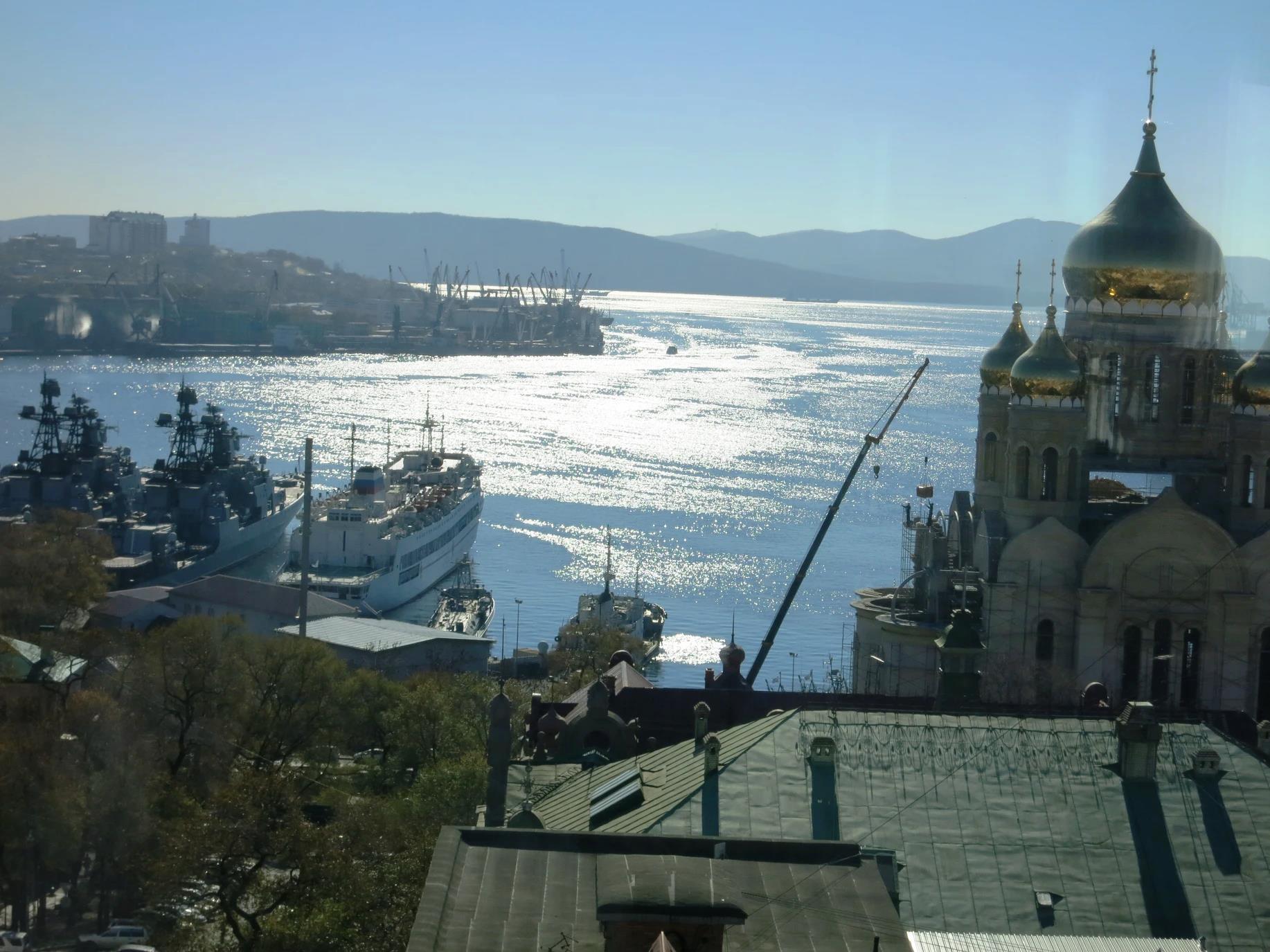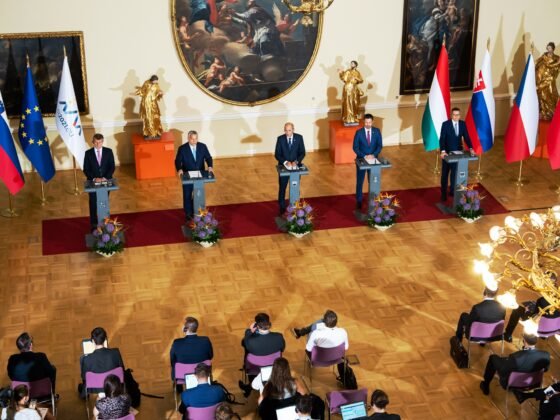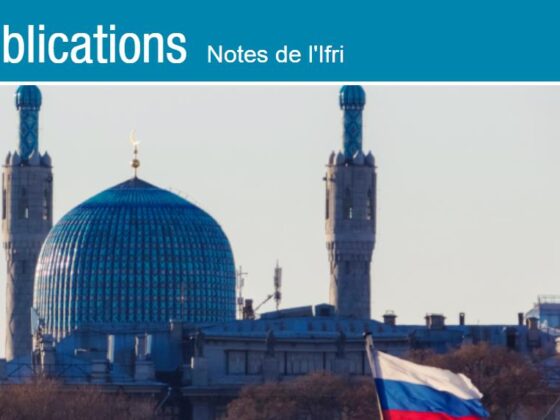(China’s Resource Risks) The invasion of Ukraine has fueled hopes in Russia of a reorientation to Asian markets, while also introducing new barriers to Russian relations with many Asia-Pacific states. The Indo-Pacific may be far from Ukraine, but Russia’s war has had wide-ranging ripple effects on the region’s energy security, food security, bilateral ties, and geopolitics.
Russia looks East
With three-quarters of its territory on the Asian continent, Russia has long sought to play a greater role in the Asia-Pacific. Beginning with Nikita Khrushchev, a series of leaders traveled from Moscow to Vladivostok to herald their country’s greater participation in the region, but Cold War tensions and the economic weakness of the Russian Far East would prevent this development. In 2012, when Russia hosted the Asia-Pacific Economic Cooperation (APEC) summit in Vladivostok, the age-old dream of a pivot to Asia appeared to be coming true at long last.
Within five years, however, the Trump Administration’s promotion of a free and open Indo-Pacific introduced new barriers to Russia’s Asian ambitions by involving India, one of its longstanding partners, in the Quad, which is focused on addressing the challenges posed by China, Russia’s strategic partner. For these reasons, Russia has been opposed to the concept of the Indo-Pacific, which it views as an effort to constrain its role in in the region, and speaks instead about its Asia-Pacific interests. […]
Read More © China’s Resource Risks











